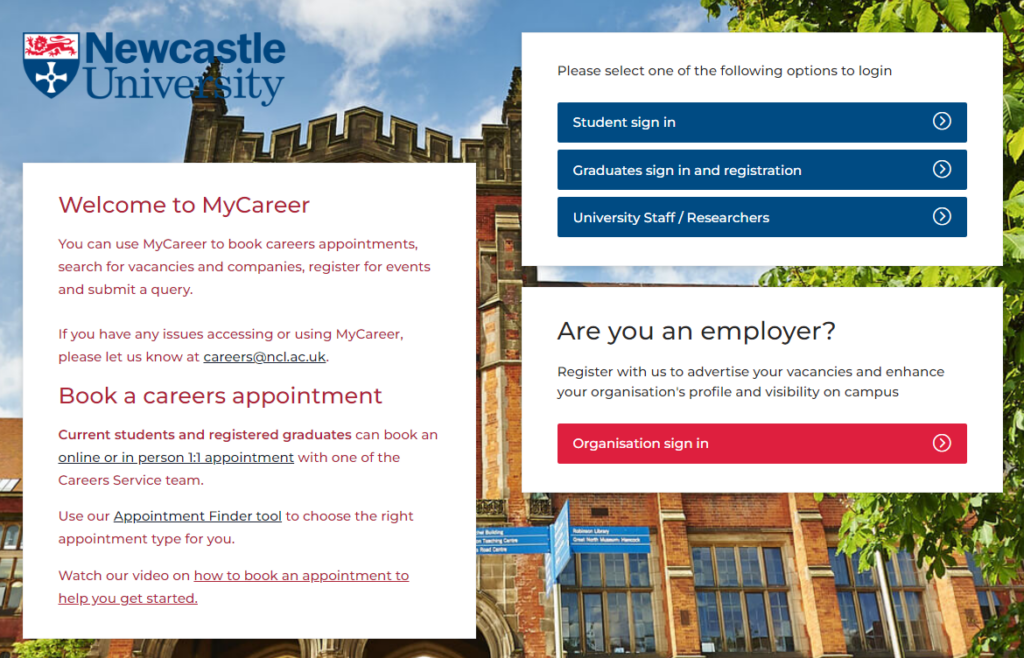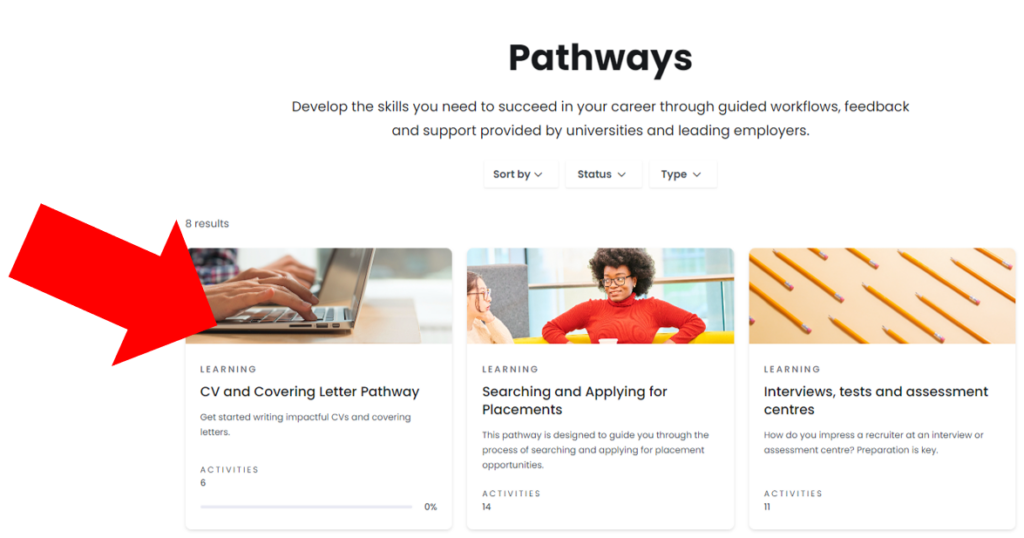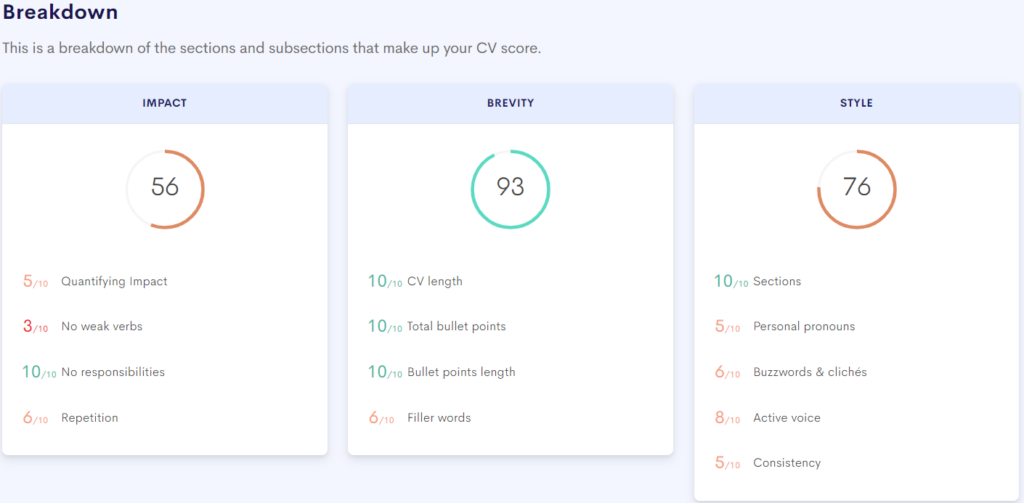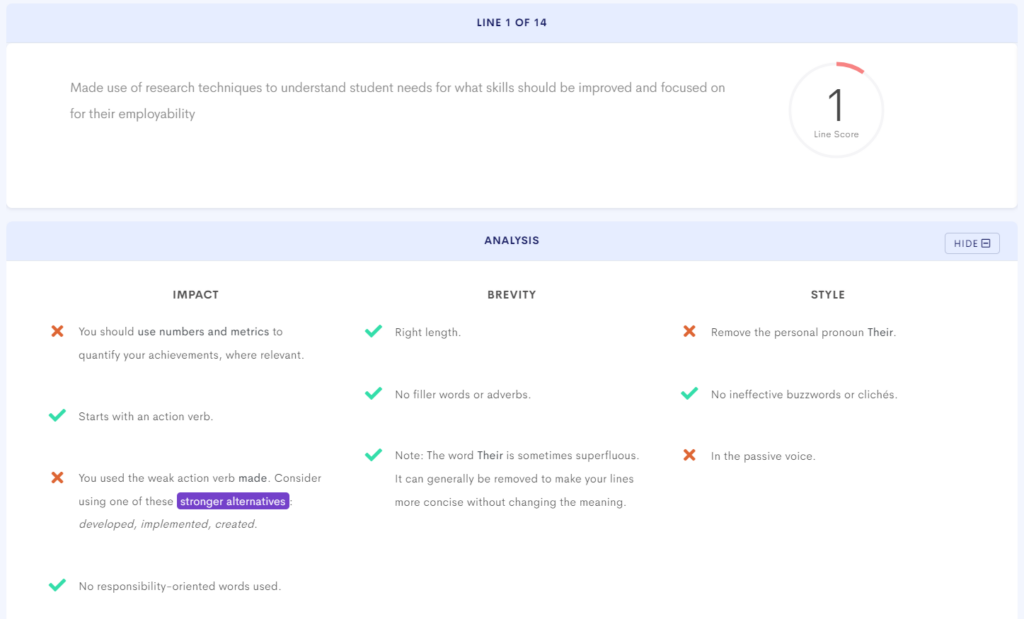We interviewed Sara Williams about their role as Careers Consultant for Newcastle University and learn exactly what they do, and how that can be a big help to you.
Sum up your role in 10 words or less
I help/facilitate students to achieve their career goals.
What are the official responsibilities of your role?
Official responsibilities include:
- Carrying out appointments with students either via our drop-in system,
- Pre-booked online or in-person and longer 1-hour appointments for career guidance and mock interviews
- Delivering some of our central workshops.
I also work closely with the academics and Employability leads in the schools of Computing and Engineering to understand student requirements and plan a calendar of events.
Being up to date with what’s happening in the jobs market and sectors that might be relevant to our student groups as well as more broadly with recruitment trends and assessment methods is also an important part of my role.
What are the unofficial responsibilities of your role?
Unofficially I get involved with a wider remit of what the career service does whether it be helping out on University Open Days or at Careers Fairs and hosting employer-led events.
“Have things on your CV beyond academics”
What are the top three mistakes you find that students make when it comes to employability?
Not mistakes necessarily, more learning points.
- I think maybe underestimating the recruitment process and how many stages you might have to go through for some companies and perhaps not being prepared for that.
- It’s tricky as not everyone can commit to it but, having things on your CV beyond your academics can be really useful, not only so you can showcase a broad range of skills to employers but also as a learning process for you to figure out what you are good at and what you enjoy.
- And I think number three is that students can often feel the pressure to just jump in and start applying before they have taken a step back to try and understand what they might be looking for in their next job, and more broadly, their career.
What employability resource do you think is most helpful for students?
I think one of the challenges is that there is SO much information out there and so many resources. I might be biased but our website is really comprehensive and covers a wide range of employability topics from planning your careers to what to expect at assessment centres and what you can do to prepare.
Here is a link to view all those resources: https://www.ncl.ac.uk/careers/.
“Learn as much about the assessment process you will go through as you can”
Where in the process of getting employed (applying, interviews, assessment centre, etc.) do you think students struggle with the most? And how can they overcome that difficulty?
I think each of the assessment stages can come with its own challenges and people can struggle with different things. I think the key bit of advice I would give here is for students to try and learn as much about the assessment process they will go through either via speaking to someone at the organisation, looking at their website or looking at sites like Glassdoor. Armed with that knowledge they can then use the multitude of resources via the careers service to help them prepare. If I was pushed for something more specific, I think interviews can be really challenging as sometimes students may not have ever had a formal interview before. There’s a lot of advice and guidance out there on interviews and I’d also encourage students to use careers appointments to practice answers or talk through answers with a consultant.
How many students make use of the employability team?
Oooo that’s a tough one as it can be hard to define how students use the Careers Service. As an example, we conducted about 8,400 appointments last year and roughly 4,000 students came to one of our workshops. Beyond that the Careers Service also looks after processing for on-campus job opportunities, hosting employer events like our careers fairs, our curriculum team runs and manages a careers module, our placement team manages around sending 150 students out on placement and our start-up team also supports students in terms of building their own businesses or if they want to operate as a freelancer…
“Students can make use of the careers service 3 years post-study”
If there was one piece of advice you want students to take away from this interview, what would it be?
Make use of the careers service!
We’re here to support you through your time at Newcastle and beyond (students can access us for 3 years post-study) and we offer impartial advice and guidance on anything to do with careers.









